Seven Nordic features have been nominated for the 2025 Nordic Council Film Prize.
“For the first time in its two-decade history, the Nordic Council Film Prize shortlist has been expanded to seven films – reflecting an exceptionally strong year for Nordic cinema,” stated the organizers.
This year’s nominees feature some known names, including Berlinale winner Dag Johan Haugerud with “Dreams” – which concluding his Oslo trilogy – and Iceland’s Rúnar Rúnarsson – now nominated for “When the Light Breaks” about young people forced to deal with unimaginable grief.
“Usually, I prefer not to reveal my sources, but these were my friends. They both passed away. I wanted to dedicate this film to them,” he told Variety. “If you experience something life-changing, regardless of your age, you feel … everything at once. It’s a rollercoaster ride. The same things that make you cry, make you laugh. At the same time, or five seconds later.”
He added: “For me, that’s life. We don’t laugh all the time, even on the happiest day, and we don’t cry all the time either. There is beauty in the mundane and there is humor in grief.”
Still, there are some surprises, including the first-ever nomination from the Faroe Islands. In Sakaris Stórá’s “The Last Paradise on Earth,” Kári and his sister Silja go on about their life in a small village after the passing of their mother. But as the factory where he works faces closure, their routine might be under threat.
“This nomination means a lot to me – and for Faeroese film, both when it comes to getting our stories to a broader audience and us believing in our abilities to tell our own stories,” said Stórá.
“We are very few people, so casting was a challenge. I spent a lot of time with the actors to make their relations feel real on screen without using too much dialogue. It was also a challenge to figure how to portray the environment depicted in the film in an honest way.”
Even though the film is set on a remote island, its many themes are “universal and relatable,” he observed. “The core of the story is about two siblings learning to open up and listen to each other. I think it’s that closeness that connects with the viewer, perhaps more important today than ever.”
Sylvia Le Fanu is another newcomer, representing Denmark with her feature debut “My Eternal Summer.” Documentaries have also made their presence known, with “The Helsinki Effect” (Finland), “Israel Palestine on Swedish TV 1958–1989” (Sweden) and “Walls – Akinni Inuk” (Greenland) all competing for the award.
While Arthur Franck focuses on the fascinating goings-on during the Cold War in “The Helsinki Effect,” Göran Hugo Olsson also makes use of archival footage in “Israel Palestine on Swedish TV 1958–1989.”
Sofie Rørdam and Nina Paninnguaq Skydsbjerg’s “Walls – Akinni Inuk” addresses some uncomfortable questions, while also making a case for simple human exchange.
“Of course, we want our film to be an opportunity to discuss Greenland and its relationship with Denmark; there is a lot of Danish colonial arrogance at the moment, but with our film, we are raising specific questions – such as the need to look into the Greenlandic prison system under Danish control – through a human story,” Rørdam told Variety, with Skydsbjerg adding:
“In Greenlandic, the title of the film ‘Akinni Inuk’ means ‘the human being in front of me.’ I want this film to remind audiences how much they can do just by being curious of the person in front of them.”
As pointed out by producer Emile Hertling Péronard, it’s a film that was “almost 10 years in the making,” and one that benefitted from the introduction of the Norddok funding scheme, allowing Greenlandic and Faroese filmmakers get production support for documentaries.
“Greenlandic production companies are prevented by law from applying to the Danish Film Institute, even though Greenland is a part of the so-called ‘Kingdom of Denmark.’,” he said.
“For Greenlandic filmmakers like me, [The Norddok scheme] has been a complete gamechanger. I probably wouldn’t still be producing documentaries if it hadn’t been for this initiative. The fact that ‘Walls – Akinni’ is now presented as a Nordic Council Film Prize nominee shows how important it is to change these structures that have prevented Greenlandic and Faroese artists from having a voice in the Nordic arts and culture scene.”
He noted: “It makes it even more significant that this year is the first time in history that both a Greenlandic and a Faroese film get nominated. We’re making progress, but there’s still a long way to go.”
Established in 2002, the Nordic Council Film Prize is awarded to a Nordic-produced feature film or documentary with cinema distribution. The DKK 300,000 ($47,022) prize is shared equally between the screenwriter, director and producer.
The winner of the Nordic Council Film Prize will be announced on Oct. 21, 2025.

‘Dreams’
Courtesy of Nordisk Film & TV Fond
The nominees for the 2025 Nordic Council Film Prize are:
“Dreams” (“Drømmer”)
Norway
A Berlinale Golden Bear winning drama about “first love, identity and the blurred lines between truth, memory and storytelling.” Directed – and written – by Dag Johan Haugerud, it was produced by Yngve Sæther and Hege Hauff Hvattum. It marks the end of his “Dreams (Sex Love)” trilogy set in Oslo.
“The Helsinki Effect”
Finland
This archive-based essay documentary explores the art of “slow diplomacy” during the Cold War, including the 1975 Helsinki Summit. It was directed by Arthur Franck and produced by Sandra Enkvist, Franck and Oskar Forstén.
“Israel Palestine on Swedish TV 1958–1989” (“Israel Palestina på svensk tv 1958-1989”)
Sweden
Another archival documentary in the group – already presented at Venice’s Biennale – examining how Swedish public television portrayed the Israel-Palestine conflict over the course of three decades. Göran Hugo Olsson directed, while Tobias Janson produced.
“The Last Paradise on Earth” (“Seinasta paradís á jørð”)
Faroe Islands
A Faroese-Danish drama about “grief, resilience and ecological change” in a remote fishing community. Directed by Sakaris Stórá, it was written by Tommy Oksen, Mads Stegger and Stórá himself and produced by Jón Hammer.
“My Eternal Summer” (“Min evige sommer”)
Denmark
Sylvia Le Fanu’s feature debut focuses on a teenage girl navigating love, loss and self-discovery during her mother’s final summer. Le Fanu also wrote the script with Mads Lind Knudsen, while Jeppe Wowk produced.
“Walls – Akinni Inuk”
Greenland
A documentary following two Greenlandic women “bound by trauma and resilience, navigating justice, freedom and second chances.” Directed by Sofie Rørdam and Nina Paninnguaq Skydsbjerg, it was produced by Emile Hertling Péronard, also behind “Twice Colonized.” It premiered at Denmark’s CPH:DOX festival.
“When the Light Breaks” (“Ljósbrot”)
Iceland
Four-times Cannes-selected Icelandic director Rúnar Rúnarsson (“Sparrows,” “Echo”) looks at one day in a life of a small community, suddenly marked by tragic loss – but also by “fleeting moments of beauty.” Produced by the director and Heather Millard, it opened Cannes’ Un Certain Regard section.

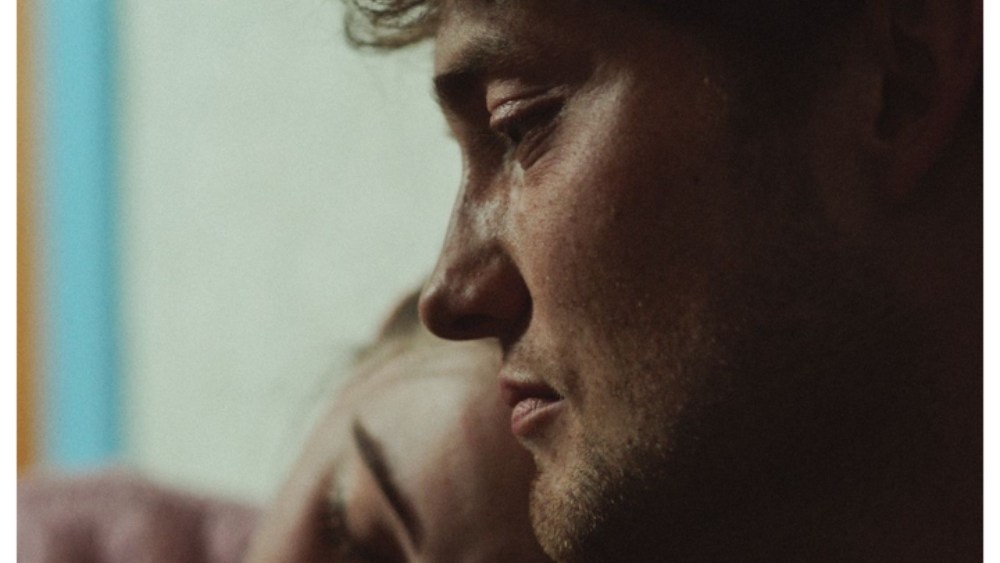

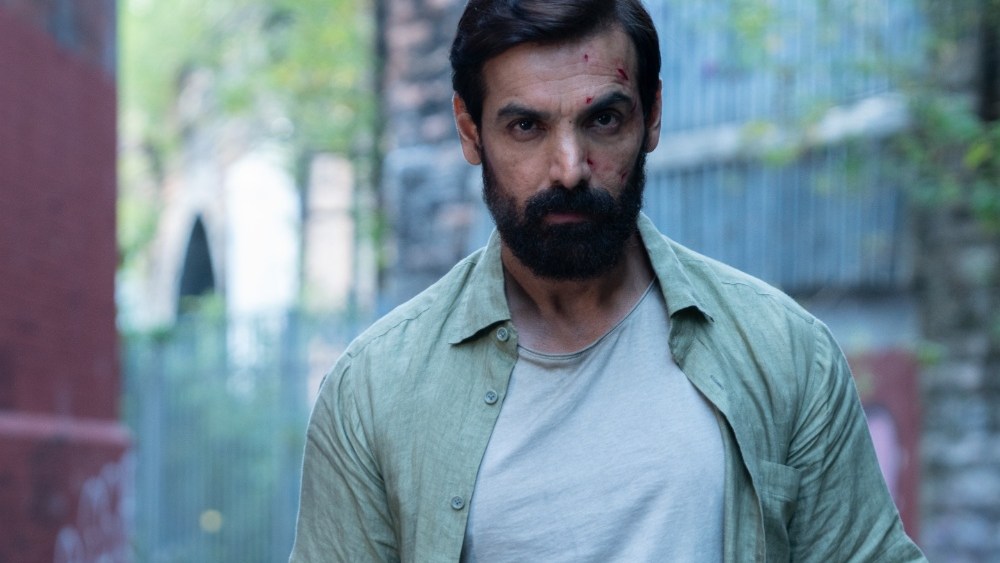
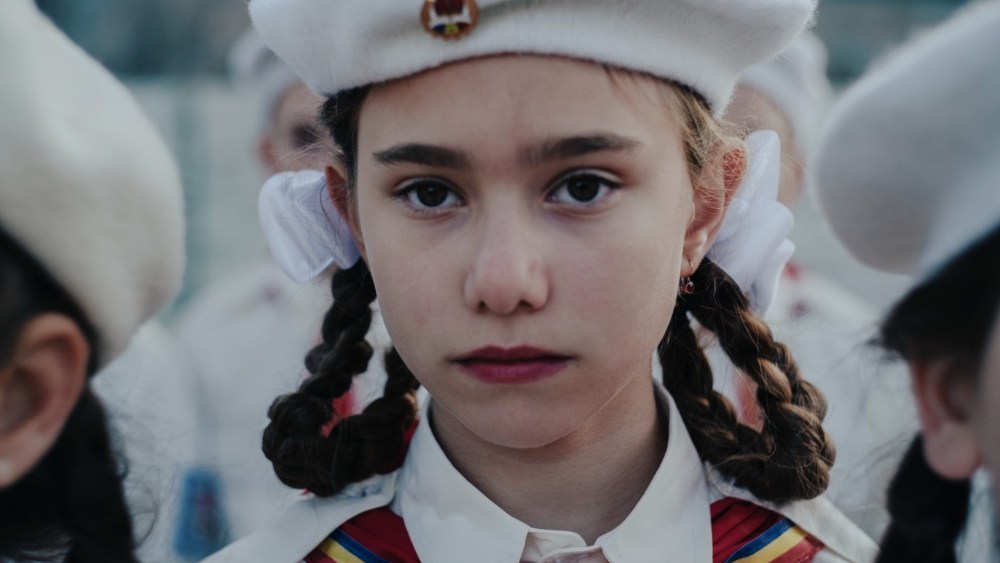

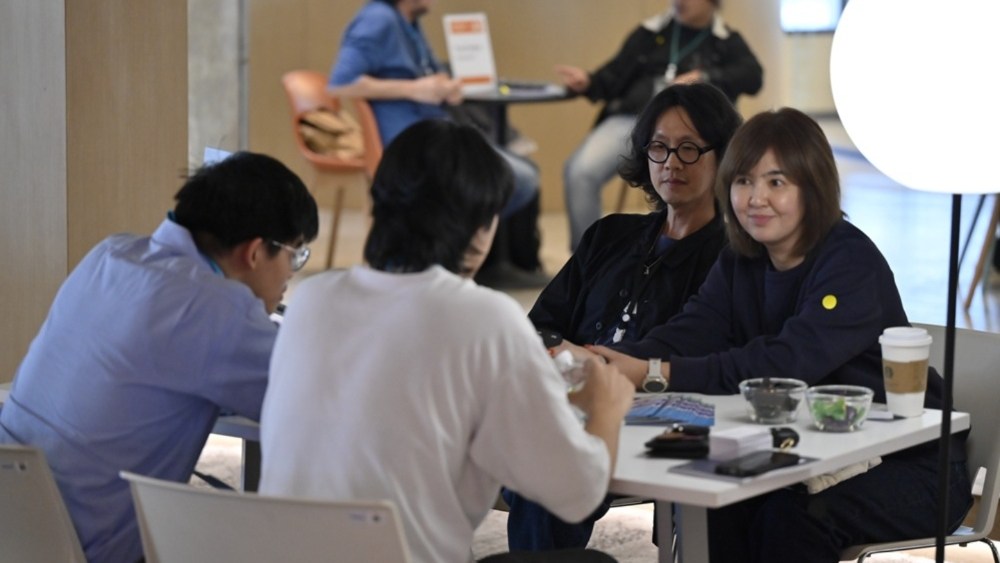
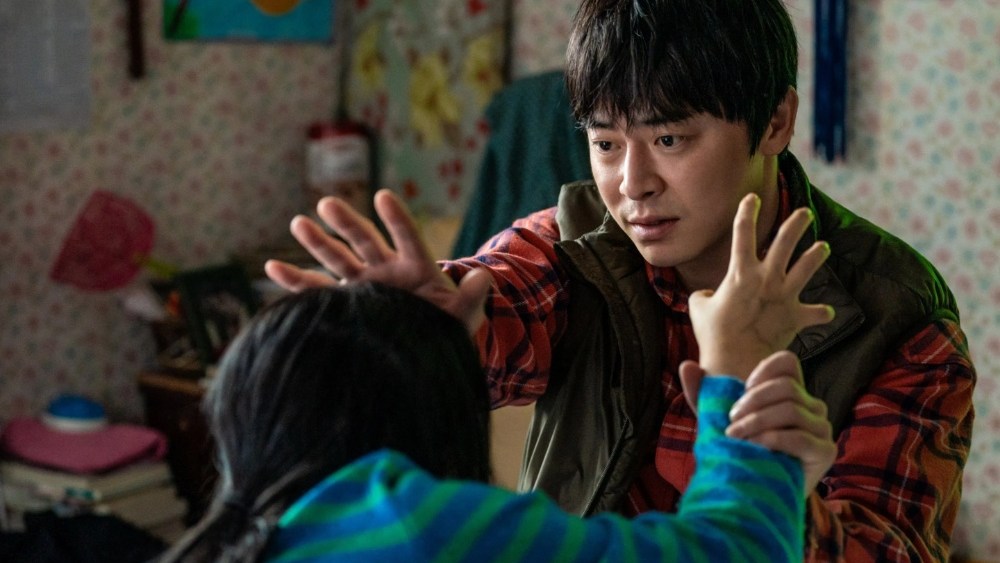
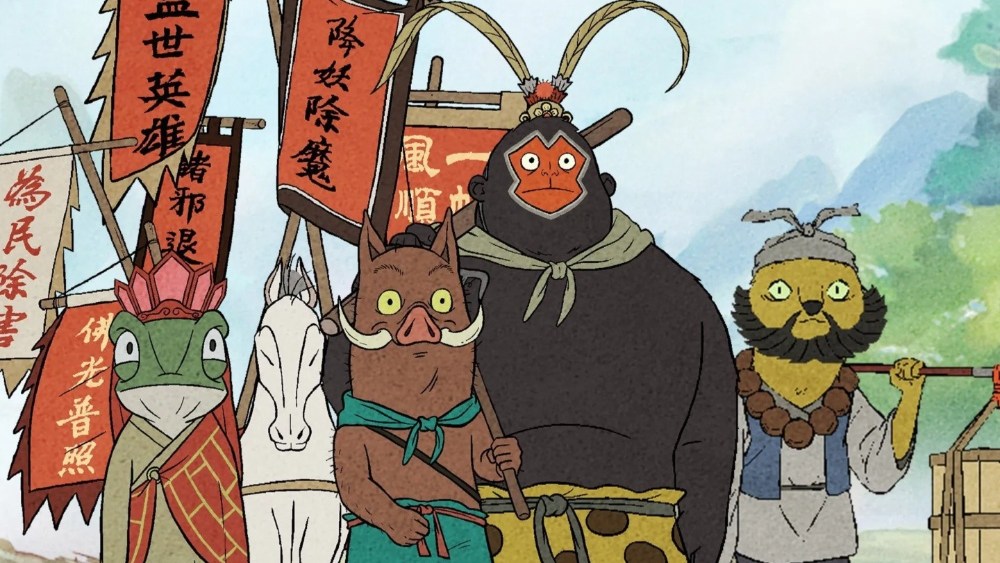
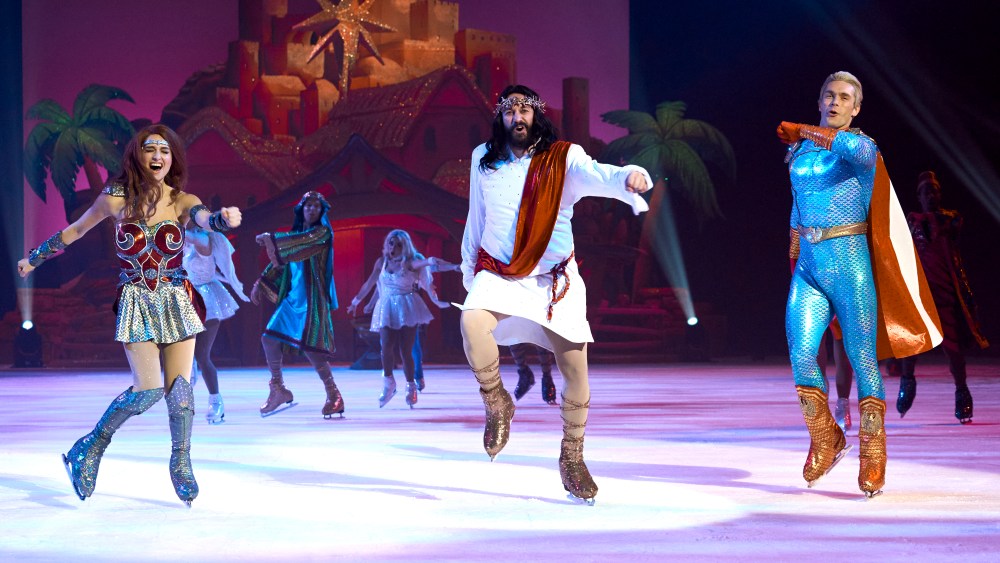
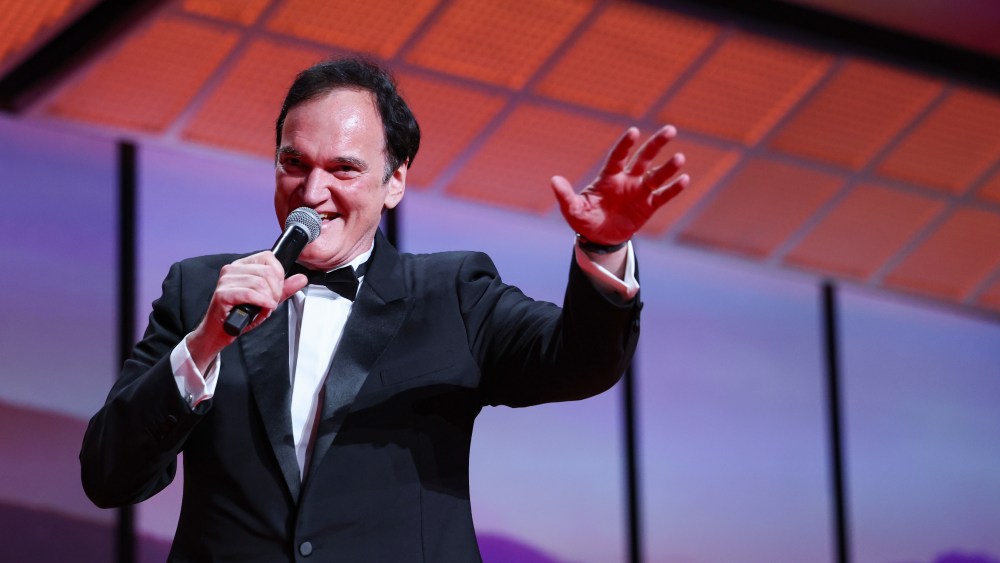
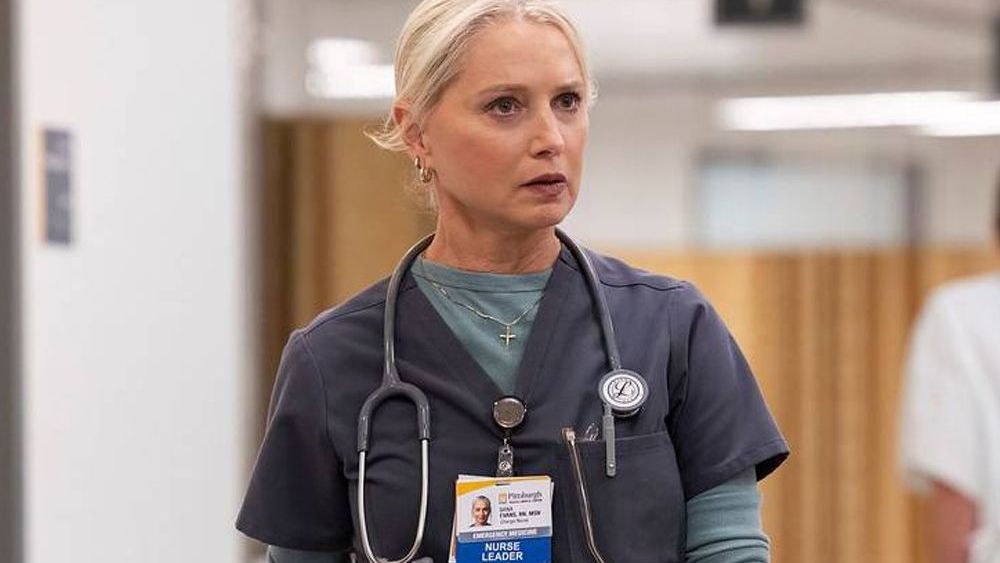


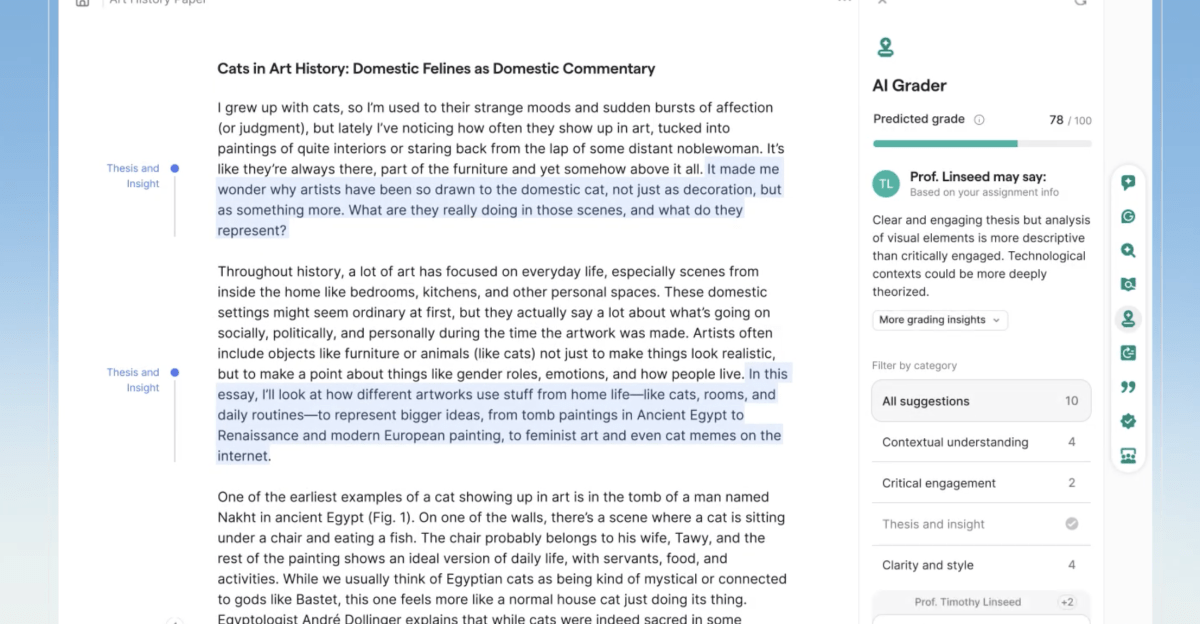
Leave a Reply